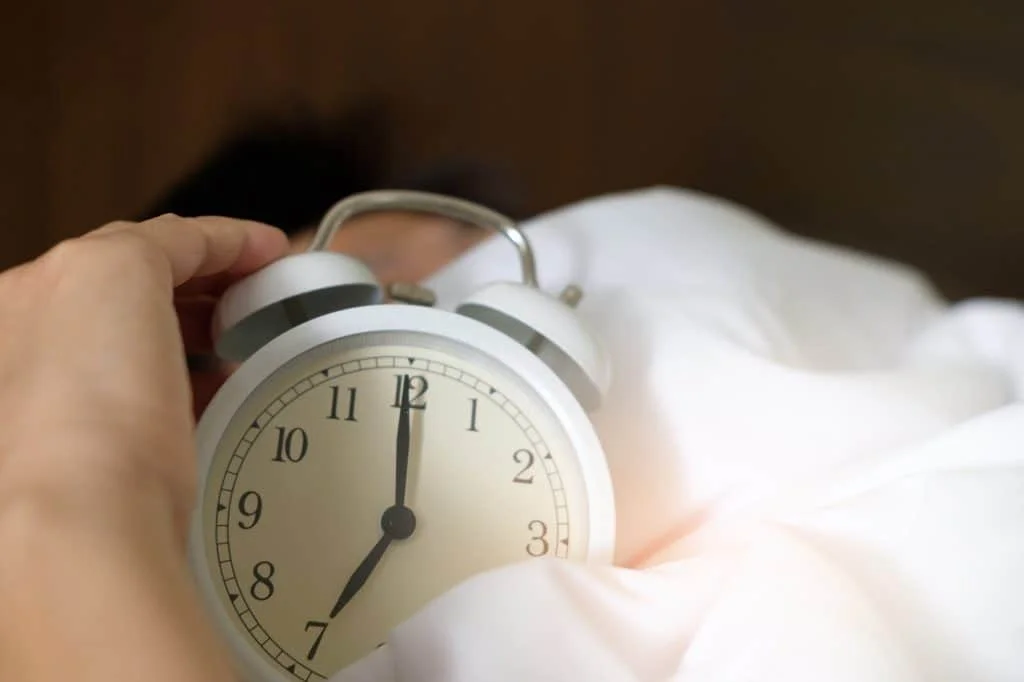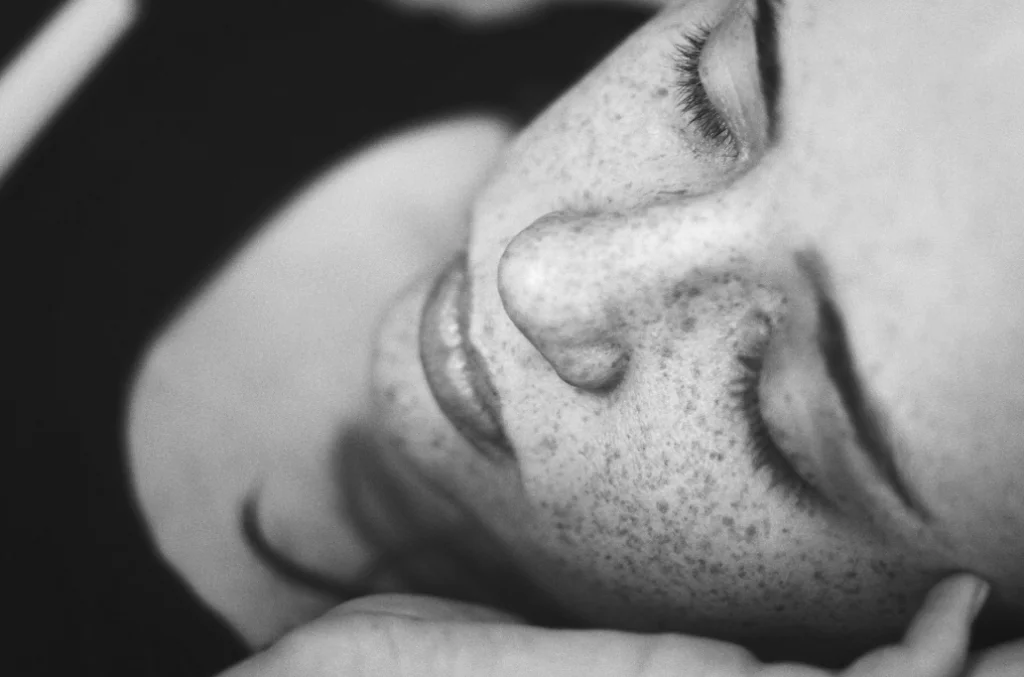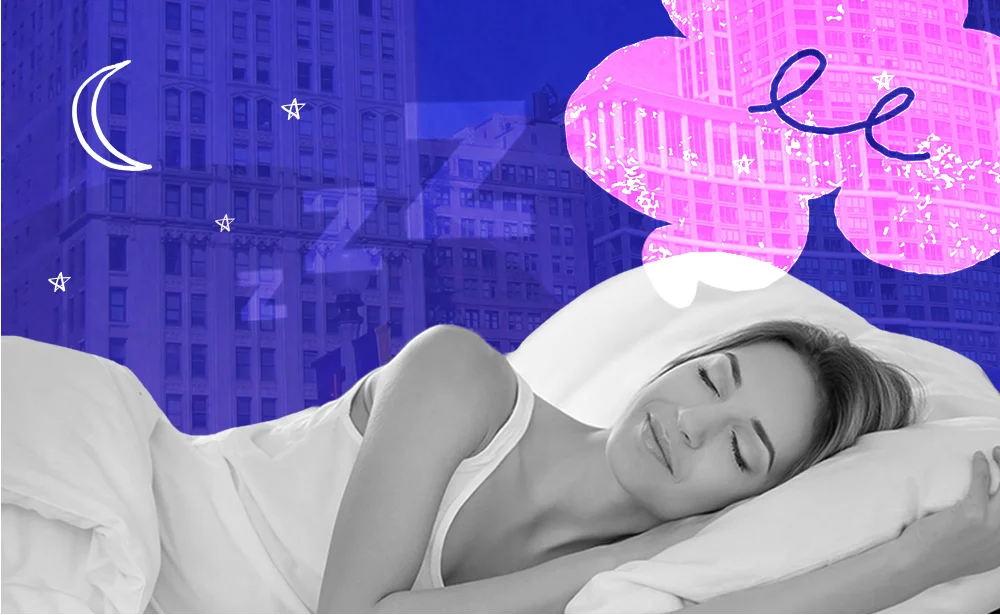
Sleep Education
The Science of Sleep
We all know how we feel when we sleep well and when we don’t sleep enough. We can feel the effects of sleep on our brains and bodies, but we may not understand why we sleep.

How Sleep Works
The specific reason why humans sleep remains one of the most lasting and intriguing mysteries in health science, despite decades of investigation. Experts examine how sleep works and what happens when we don’t get enough sleep to try to answer this question. Sleep is very complex, according to studies, and has an impact on nearly all physiological systems. The production of hormones and substances that govern sleep and wakefulness involves multiple areas of the brain.
Why Do We Need Sleep?
There’s no clear scientific consensus on why humans sleep the way we do. But researchers have narrowed it down to a few possibilities. Learn why we sleep, and what those theories might mean for overall health.
Why Do We Sleep?
We all know how we feel when we sleep well, and when we don’t sleep enough. When we sleep, we’re happier, we have more energy, and learning comes more easily. When we don’t sleep, we feel unfocused, exhausted, and irritable. We can feel the effects of sleep on our brains and bodies, but we may […]
The Complete Guide to Circadian Rhythm
If you’ve ever felt energized or tired around the same time each day, you’ve experienced your circadian rhythm at work. To catch you up here, your circadian rhythm is an internal clock that regulates your body’s sleep and wake cycles over a 24-hour period. And because your circadian rhythm is controlled by the part of […]
Your Complete Guide To Deep Sleep
When we pull the covers back on the finer points of our sleep architecture, or the organizational structure of our sleep stages and how we move through sleep cycles, one sleep stage in particular stands out for its importance to our well-being and cognitive function: deep sleep. (1) While most people know that the REM […]

Stages of Sleep
Each cycle progresses through each stage of sleep in the following order: wake, light sleep, deep sleep, REM, and repeat. Early-night cycles have a higher amount of deep sleep, while later-night cycles have a higher proportion of REM. Your body may decide to forego deep sleep entirely at the end of the cycle.
N1: Non Rapid-Eye Movement Sleep, Stage 1
To some of us, the first few minutes we spend falling asleep don’t really feel like sleep. Our minds may feel active and we may have brief, non-sensical thoughts that aren’t quite like dreams. We’re not asleep yet, are we? Technically, yes. N1 may not always feel like sleep, but it is an essential phase […]
N2 Sleep: K Complexes and Sleep Spindles
If you’ve learned something new recently, chances are your newfound knowledge was committed to memory during the N2 stage of sleep. Memories are formed and learning takes place during N2, the second stage of non-rapid eye movement sleep. Though it represents a deeper stage of sleep than N1, N2 is essential for cognition and other important brain […]
N3: Slow Wave Sleep
If you woke up this morning feeling refreshed and energized, chances are you had plenty of N3 sleep. N3 is the third stage of sleep, and the deepest and most restorative of all the four sleep stages. Like N1 and N2, N3 is a stage of non-rapid eye movement sleep, when the eyes are relatively […]
The Sleep Stages: Your Brain’s REM and NREM Sleep Cycle
When our heads hit the pillow each night, it’s lights out for the most part. And while sleep was once thought to be purely passive, research has shown it’s anything but. We may spend the next hours relatively unaware of what’s going on around us, but under the cover of night, our bodies are fantastically […]
The Importance Of REM Sleep
What purpose does REM (“Rapid Eye Movement”) sleep serve in helping the brain and body rest?

Dreams
Our minds produce stories and visuals in our dreams while we sleep. They can be amusing, amusing, romantic, distressing, frightening, and odd at times.
Most Popular Reviews
A Guide For How To Interpret Dreams
What do your dreams mean? Even though only about 80 percent of us remember the unconscious thoughts and images that play across our minds while we sleep, everyone dreams. (1) If you ever wake up wondering what on earth your last dream was all about — or even how to interpret dreams — some experts think […]
Lucid Dreams: What They Are and How to Experience Them
In 2010, Leonardo DiCaprio and a few of his friends introduced many of us to the idea of lucid dreaming for the first time. The movie was “Inception,” and the central character, Cobb, played by Dicaprio, uses lucid dreaming (and a little bit of fictional dream-sharing technology) to infiltrate the mind of his targets. More […]
What Are Dreams?
The mystery of dreams has captivated people for millennia. And while life in the 21st century (and the unprecedented access to information that comes with it) leaves us with relatively few mysteries, some questions remain. Take sleep and dreams, for example. With all we know about sleep, questions about the purpose and nature of dreams […]
The Purpose of Dreams
The purpose of dreams has been a subject of speculation for thousands of years. Greek philosopher Aristotle believed that dreams occurred because of residual movements of sensory organs, while psychiatrist Sigmund Freud considered dreams the “royal road to the unconscious,” theorizing that dreams were a manifestation of repressed desires. (1) (2) (3) No doubt, the […]
How To Keep A Dream Journal: Tips and Benefits
If you’ve ever tried to unravel the mysteries of your dreams, you may be stumped before you start. What do they mean? Why can’t you remember more details, and haven’t you had this dream before? While experts still can’t explain exactly why we dream, it may be a way of processing emotions or a kind […]
The Difference Between Nightmares And Night Terrors
Both nightmares and night terrors are distressing sleep events, but they actually describe separate phenomena. And that means they both have their own unique characteristics. We spoke with a pair of certified sleep experts to help you understand the difference between nightmares and night terrors — and what can be done to address them both. […]









































